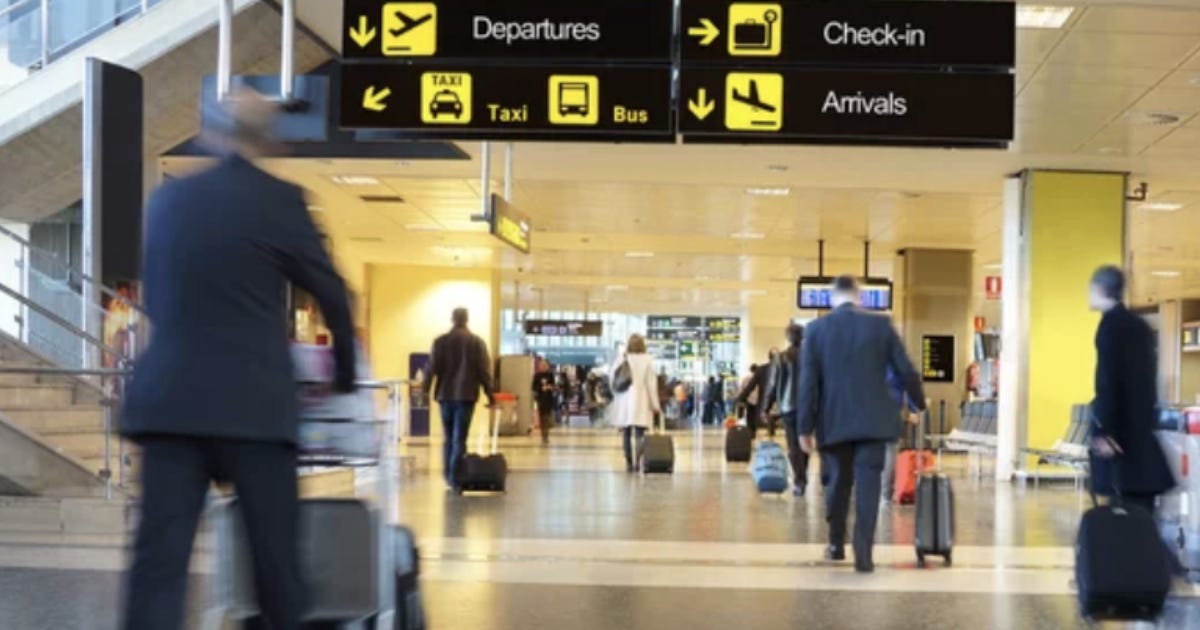Pearson Airport urges Ottawa to approve digital ID for travel
Toronto Pearson International Airport’s push for federal approval of digital identification and biometric screening for air travel is drawing sharp criticism from civil liberties advocates.
Toronto Pearson International Airport’s push for federal approval of digital identification and biometric screening for air travel is drawing sharp criticism from civil liberties advocates, who warn that such measures could erode Canadians’ privacy and mobility rights.
In a written submission to the House of Commons finance committee as part of pre-budget consultations for 2025, the Greater Toronto Airports Authority (GTAA) urged the federal government to modernize screening and border regulations to permit digital ID verification for domestic and international travellers.
The proposal calls for amendments to the Secure Air Travel Regulations and the Canadian Air Transport Security Authority (CATSA) Act to allow CATSA officers to verify passengers using biometric data such as fingerprints and facial recognition. The GTAA says these changes would reduce bottlenecks, improve efficiency, and align Canada’s airports with international digital travel standards.
“Key initiatives should include accelerating the adoption of a common digital ID for both domestic and international travel—ensuring interoperability with other recognized digital identification systems—and the establishment of clear, consistent standards and technical requirements for the industry,” the airport wrote.
But John Carpay, president of the Justice Centre for Constitutional Freedoms (JCCF), told True North the proposal raises serious Charter implications and risks expanding government power over citizens’ personal data.
“The more the government knows about you, the greater the power of the government to harm you,” Carpay said. “Centralizing all information in one place is the problem—because when a government has your medical records, traffic records, criminal records, and even your social media activity all connected, it can really mess with your life.”
Carpay argued that the current travel verification system already incorporates digital technology, such as online check-ins and QR-coded boarding passes, and questioned what problem Pearson’s plan is trying to solve.
“When things are slow at the airport, it’s not because of a lack of electronic technology,” he said. “We already have pre-registration and QR codes. What’s missing isn’t digital tools—it’s proper management.”
The JCCF president warned that a national digital ID connected to multiple federal databases could pave the way for “centralized surveillance and policing without adequate safeguards.”
“This would be a step toward centralizing information, which is the real issue,” Carpay said. “We’re protected today because our information is separated—police don’t have access to your medical records, your doctor doesn’t know your driving record, and your insurance company doesn’t know your political views. Once those walls are gone, so is that protection.”
Carpay added that the proposal echoes digital ID initiatives being discussed internationally under the pretext of security and counter-terrorism.
“Every time we give government more power over individuals—as centralized digital ID certainly does—we have to remember history,” he said. “Governments can fulfill important functions, but they can also descend into tyranny. That’s why this should be approached with extreme caution.”
The GTAA maintains its plan is focused solely on improving efficiency and competitiveness, not on government surveillance. It argues that digitized identity verification would help streamline screening and border procedures, ensuring “Canada remains a forward-thinking, globally connected nation.”
No federal department has yet indicated whether it plans to move ahead with the legislative changes sought by Pearson Airport. However, Ottawa has previously signalled interest in a national digital ID framework, and the debate over privacy versus efficiency is likely to intensify as biometric systems become more common worldwide.



This is how Globalism begins. Sell us the idea that a digital ID is about a single issue only - in this case, airline travel. As soon as that's been crammed down our throats, move on and begin expanding the control mechanism to all aspects of life - internet use, banking, taxation, voting, purchasing, etc. Everything we do will be captured, analysed by AI, and used to control and move us into their one-world Utopia. The reality is closer to Orwell's dystopia.
Put them out of business, Stop vacation & business air travel. Make it an economic war against digital ID.
Save your discretionary money, governments hate that.
Their next encroachment is Central Bank Digital Currency.